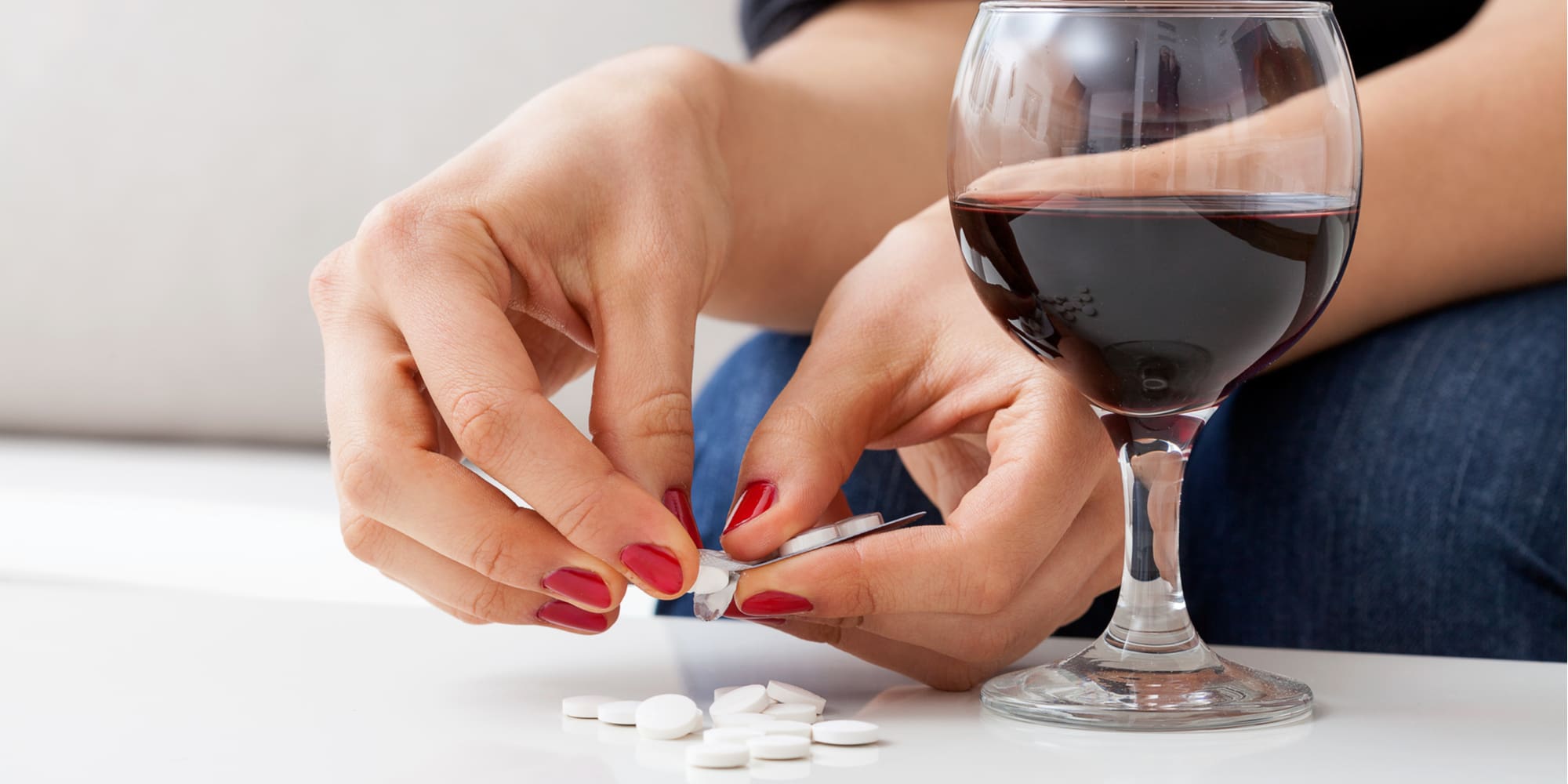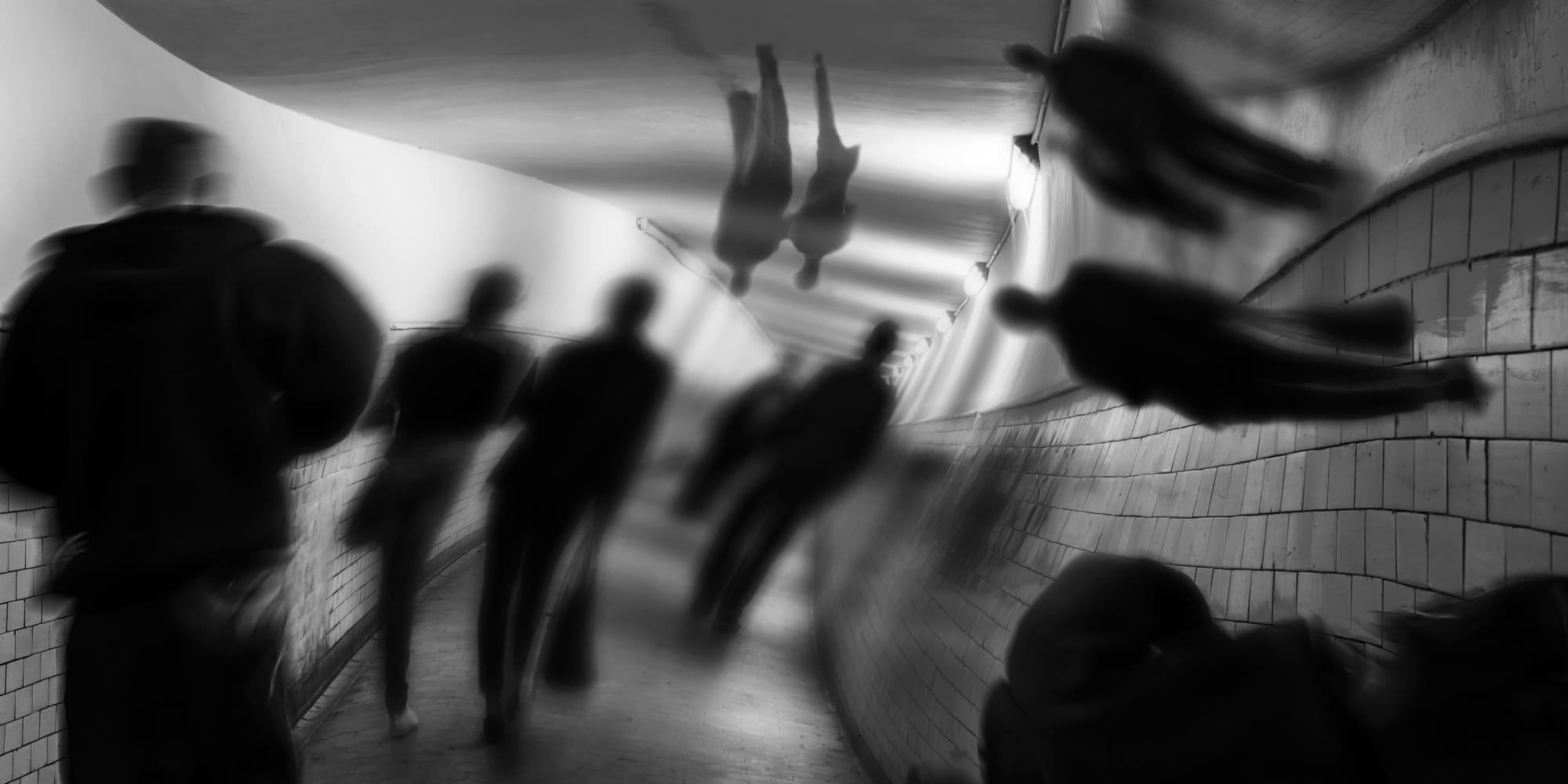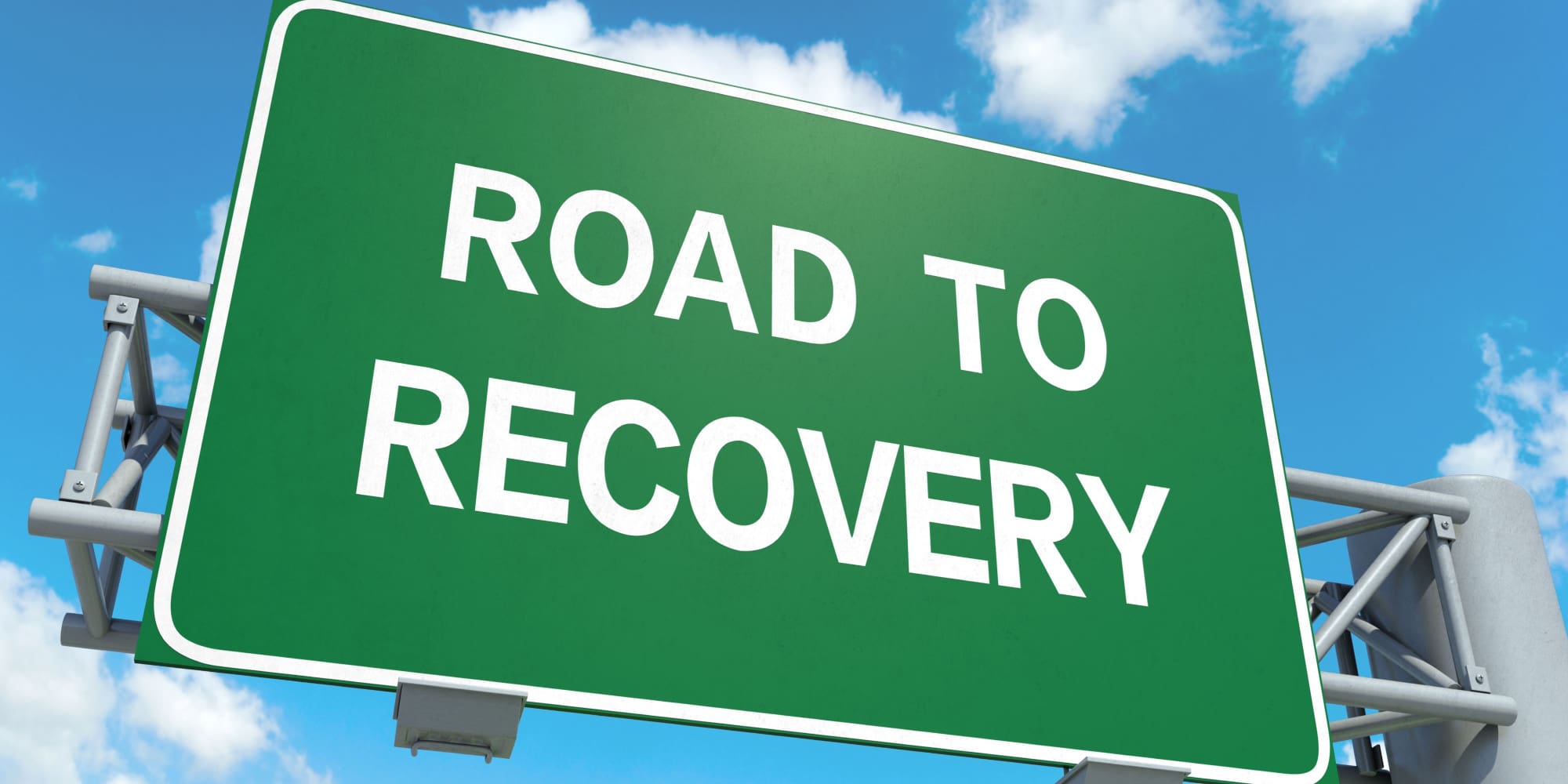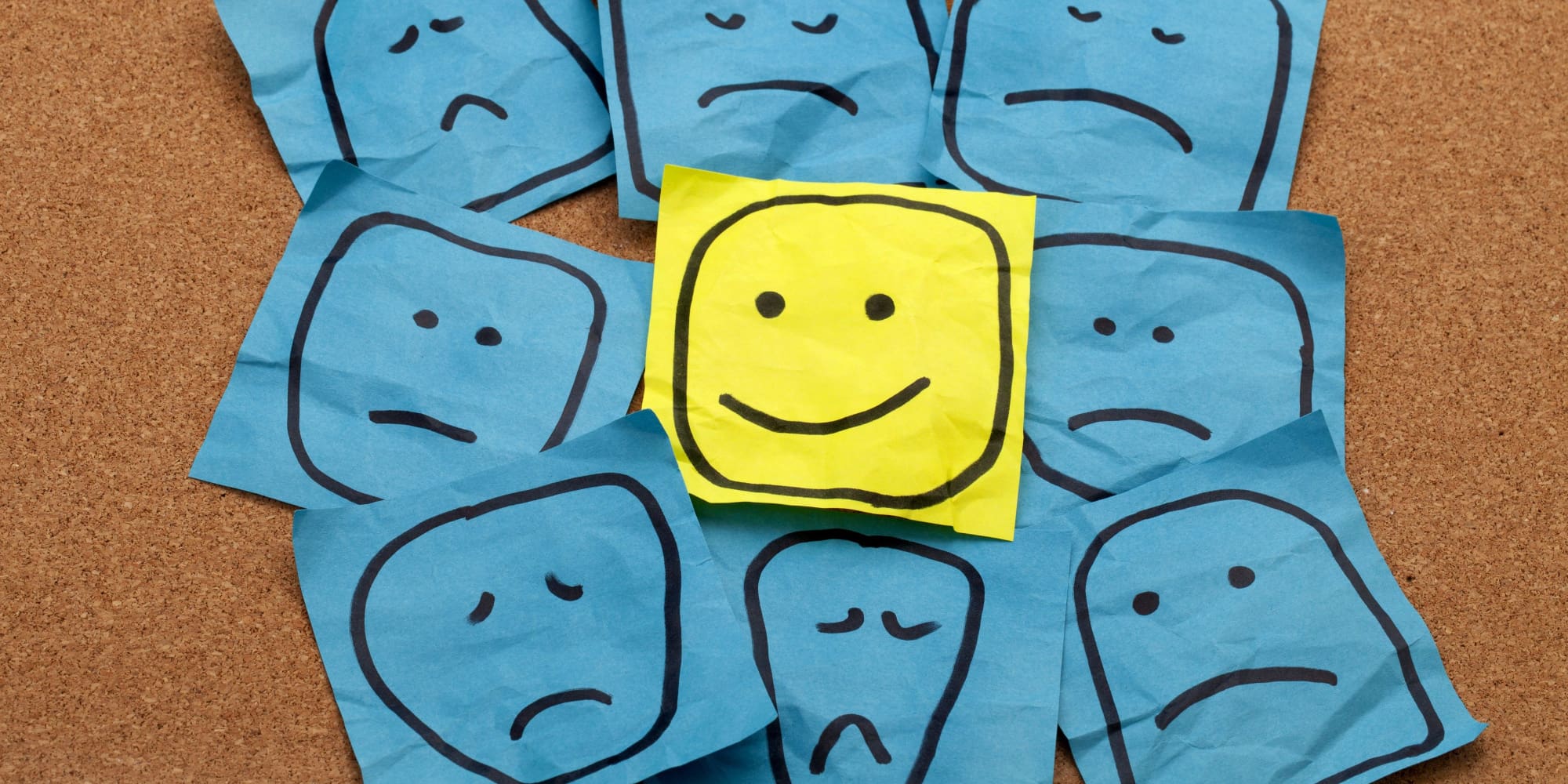Finding the right medication can make all the difference in your mental health. However, mixing your new antidepressant and alcohol could be a recipe for disaster. Specifically, fluoxetine (brand name Prozac) and alcohol may lead to serious health issues when combined. But does that mean that even one drink is too much? And what, exactly, happens when you mix antidepressants with alcohol?
To answer all of your questions about antidepressant and alcohol interactions, we first have to start with some background information on selective serotonin reuptake inhibitors (SSRIs).
Contents
How Do SSRIs Work?
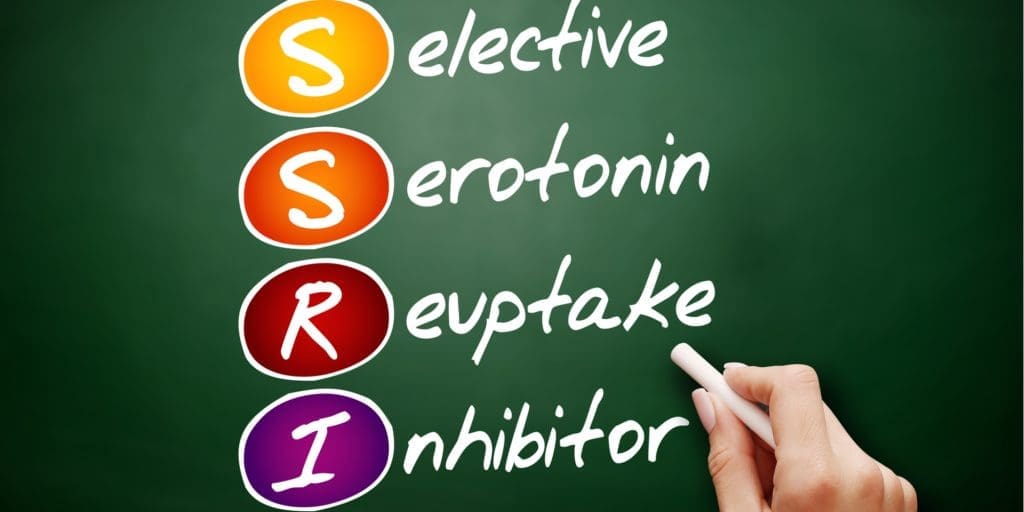
SSRIs function by stopping your brain from reabsorbing serotonin, which means that there is more available for you to use. And since serotonin is associated with positive, pleasant feelings, this can help treat a wide variety of issues, including depression, anxiety, and obsessive-compulsive disorder.
And while Prozac has been on the market for more than 30 years, it still remains one of the most popular antidepressants out there, especially for individuals who have not had success with other medications.
However, SSRIs like Prozac must be taken daily for a prolonged period of time to be effective. This means that taking a break from your medication to have a drink could disrupt your mental health, especially since many SSRIs cause withdrawals when they are quit abruptly. So if you want to have a drink, that means you may have to mix Prozac and alcohol. But is that safe?
Can I Mix Prozac and Alcohol?
If you’re on Prozac, adding alcohol could lead to some harmful interactions. First and foremost, alcohol is a depressant. So it could lead to a temporary increase in your mental illness symptoms, which could be especially unpleasant if you’re mentally impaired from drinking.
Moreover, mixing Prozac and alcohol could worsen the side effects of both substances. For example, a common side effect of Prozac is feeling tired. Since this can also happen with alcohol, mixing Prozac and alcohol could lead to intense feelings of sedation, even if you only drink a little. If you are in a public place or do not have a secured ride home, this could lead to a dangerous situation for you.
And tiredness isn’t the only side effect of drinking while taking antidepressants. You can also expect to experience:
- Lightheadedness and dizziness
- Fatigue
- Feelings of hopelessness
- Thoughts of suicide
Since Prozac and other antidepressants can, in some cases, lead to more negative emotions and thoughts of suicide, it’s not shocking that adding alcohol to the mix can increase your risk of developing this dangerous symptom. This is made even more harmful because when you drink, your decision making is impaired. So sudden thoughts of suicide or self-harm could be harder to identify as resulting from your mental illness, which could increase your risk of acting upon these feelings.
Most likely, an occasional drink while on an antidepressant is not going to have major adverse effects for you, provided that you’re prepared and know what to expect. However, if you are a regular drinker, that habit could lead to Prozac being less effective for you, and it might even make antidepressants dangerous.
Is My Drinking a Problem?
If you find yourself struggling with avoiding alcohol while on an antidepressant, this could be a sign of problem drinking. This could be a lingering effect from self-medicating with alcohol before you were able to receive an antidepressant. And while this behavior is common, it is also dangerous, and it could lead to co-occurring disorders.
Co-occurring disorders happen when an existing mental health issue is treated via self-medicating with drugs or alcohol. Once getting drunk or high becomes the default way to deal with mental illness symptoms, it can be hard to break out of that pattern, even once you have an effective antidepressant. This is the reason that many people combine Prozac and alcohol, and it’s normal to struggle with breaking the habit.
This is because while self-medicating with alcohol, you may have accidentally developed an alcohol use disorder. But since you developed addiction as a result of trying to treat a mental health issue, the treatment you need will look different from what a traditional Florida rehabilitation program would offer.
How to Treat Co-Occurring Disorders


If you’re having trouble avoiding the temptation to combine Prozac and alcohol, then you might need a dual diagnosis program. This inpatient program combines addiction treatment with mental health care, which can help address the root causes of your addiction. This is accomplished through a variety of evidence-based programs, including:
- Psychiatric Assessment
- Medication Evaluation and Management
- Group Therapy
- Supplemental Therapies
- Mental Illness Education
- Relapse Prevention Planning
- Links to Community-Based Services
By employing a variety of personalized treatments, dual diagnosis care can help you overcome the urge to drink. Moreover, it can even help reinforce positive mental health care, which can further improve the relief you get from medications like Prozac. So if you’re struggling with the temptation to take alcohol while on an antidepressant, consider enrolling in an inpatient dual diagnosis program where you can focus exclusively on developing new, healthy coping skills for your mental health condition.
Do you have questions about how a dual diagnosis program works or how to get started? Call our knowledgeable and respectful admissions specialists at (772) 238-7734 or submit your questions through our confidential contact form. Combining alcohol and Prozac could be dangerous, and professional care is the best way to keep yourself safe.

